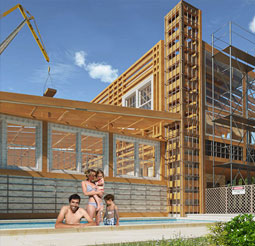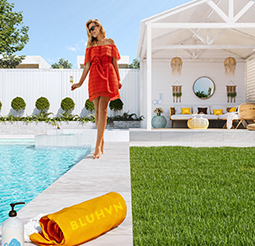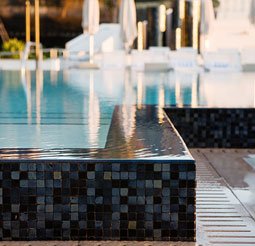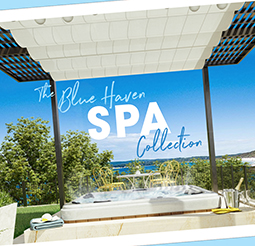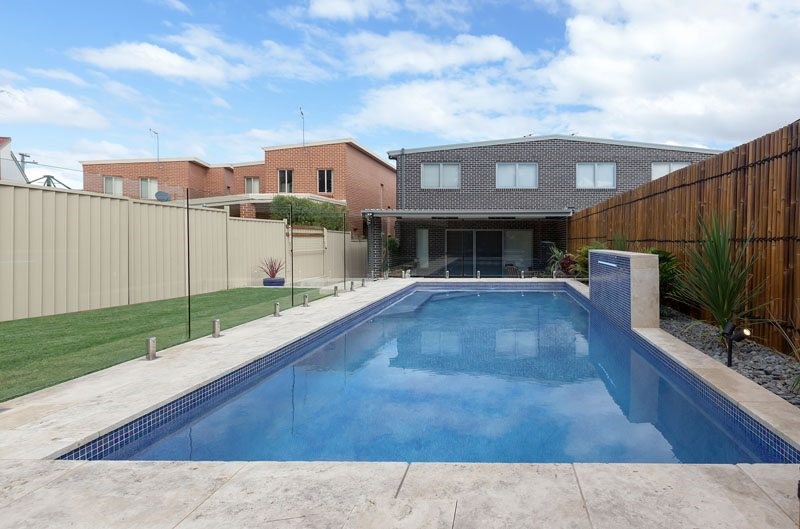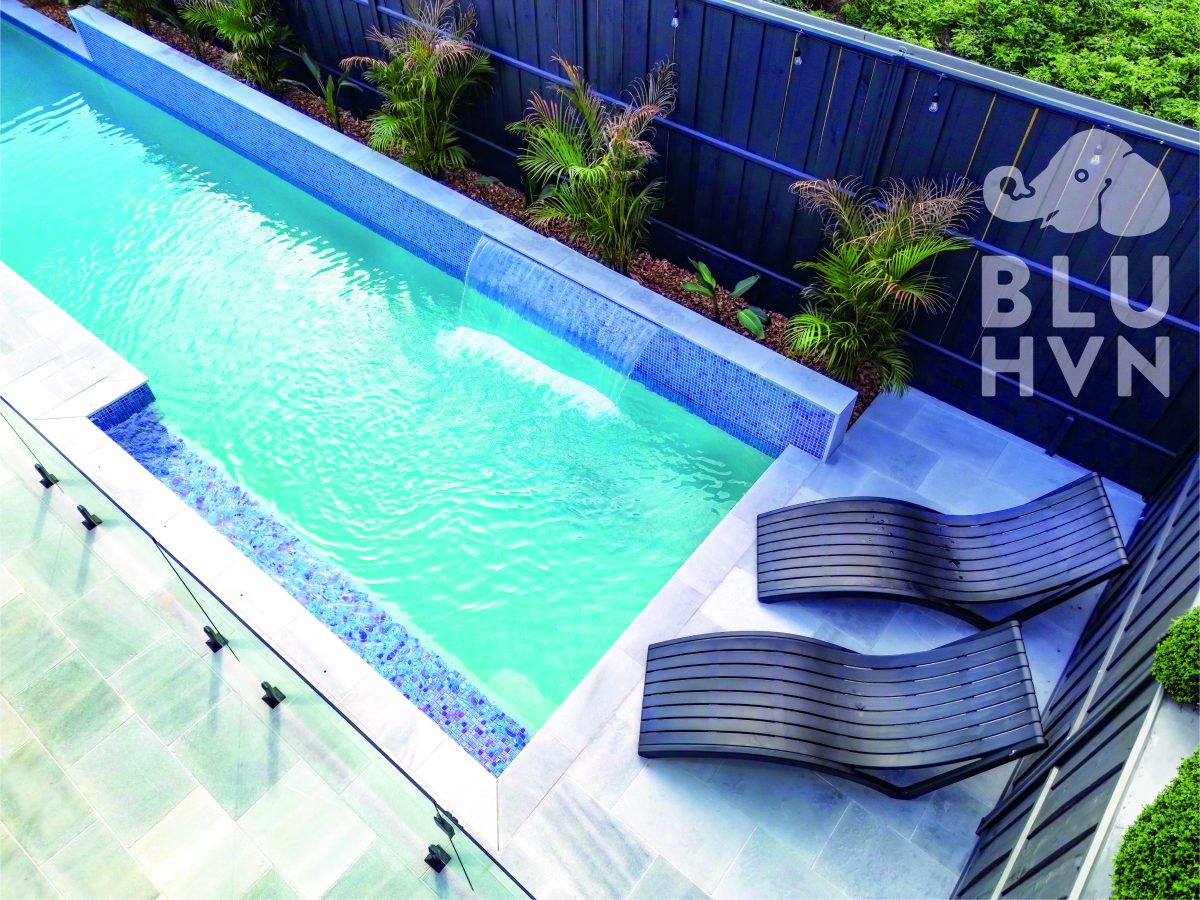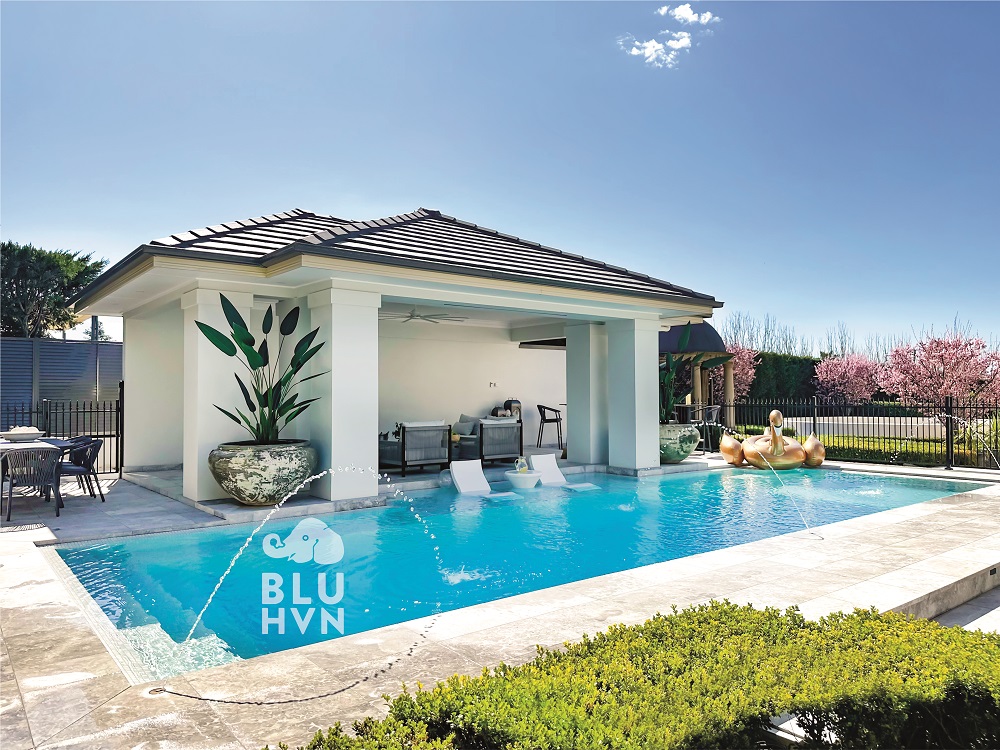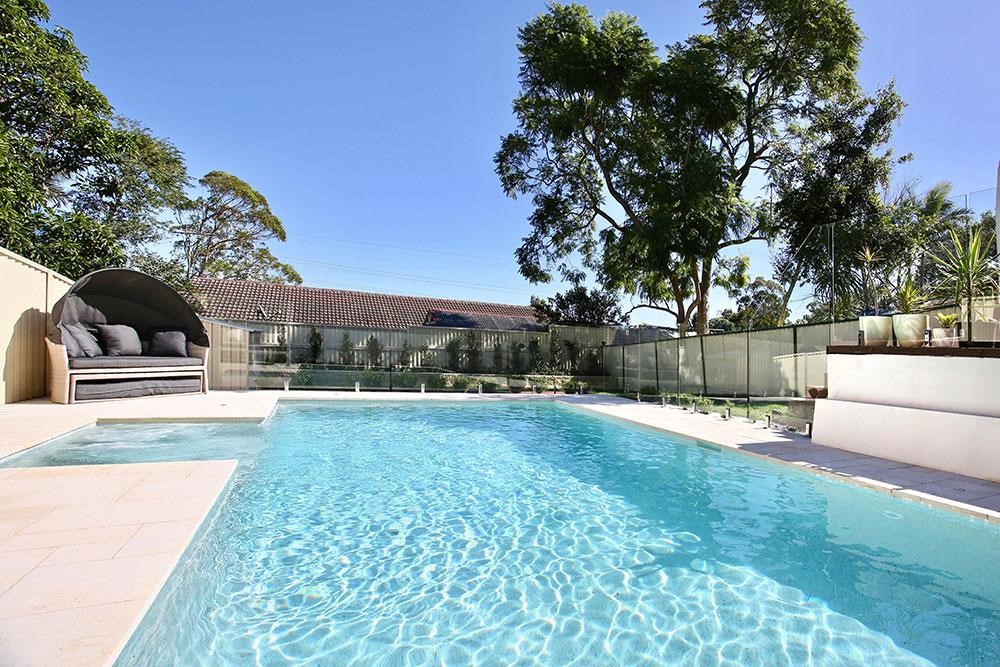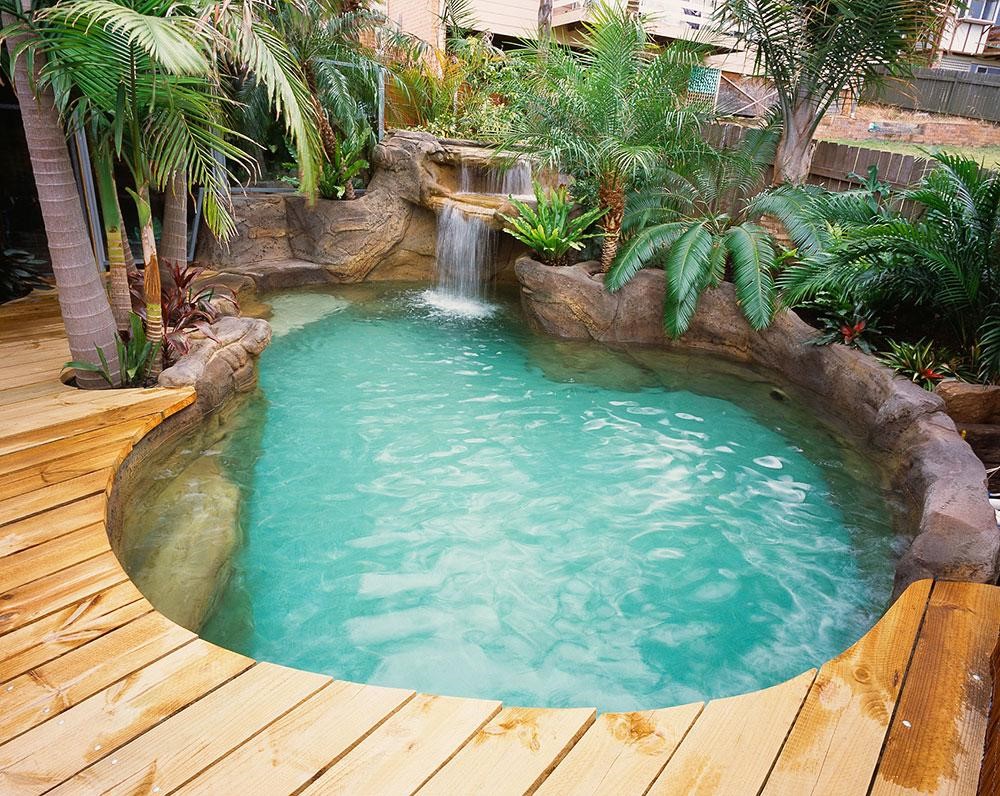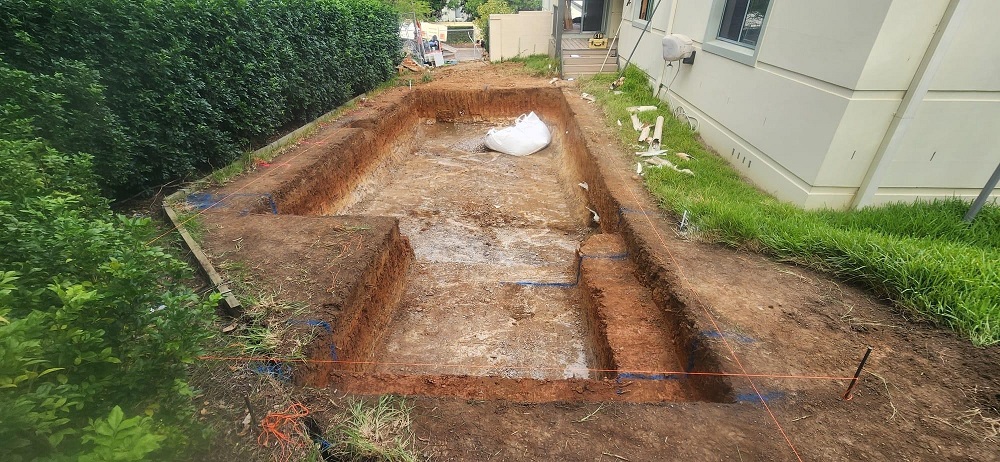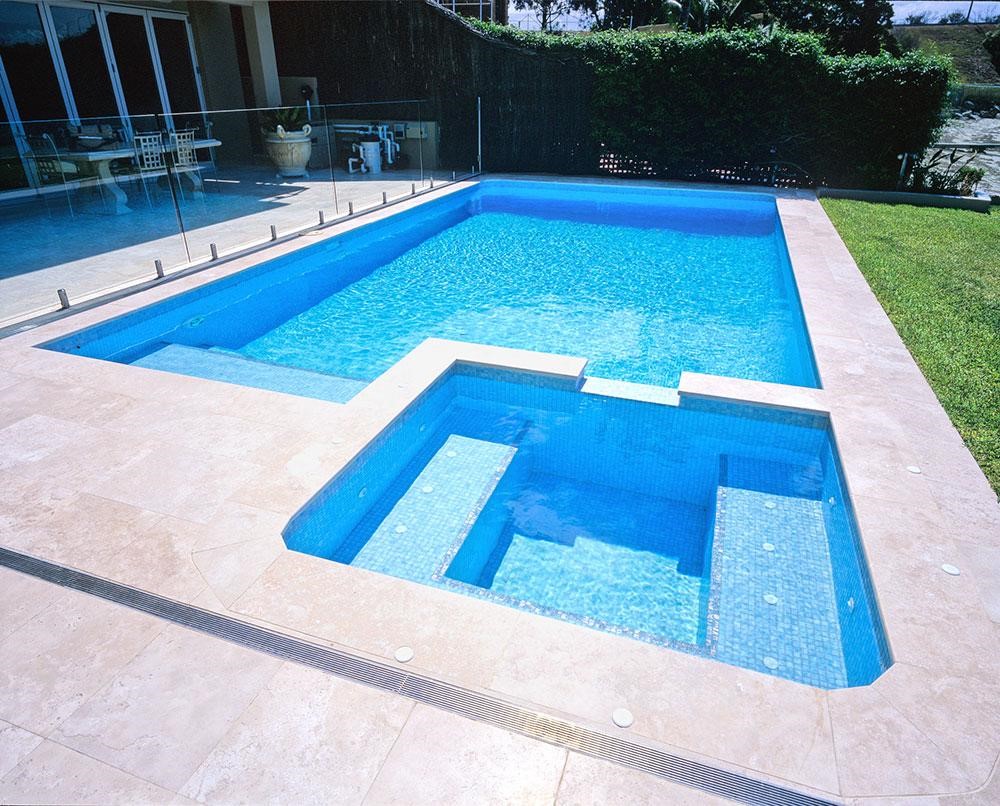How Long Does a Concrete Pool Last? Our Top Maintenance Tips Revealed
February 23, 2024
When you invest in a swimming pool, you want value for money. Longevity is a huge factor in determining the value you really get. If you had to undertake costly repairs or replacements regularly, you wouldn’t be getting great value from your investment. So, how long does a concrete pool last?
This article looks at how long you can expect to enjoy your concrete pool, and we’ll also give you plenty of maintenance tips. By maintaining your pool, you can guarantee years of enjoyment as it continues to serve you well.
How long does a concrete pool last?
All pools are different, and their longevity is affected by multiple factors such as maintenance, environment, climate and cleaning. Like most things, if you look after a concrete pool, it will look after you for many years to come. The majority of concrete pools should last around 50 years as long as you take care of them.
Will a concrete pool last longer than a fibreglass one?
In general terms, the answer is yes. A standard fibreglass pool can be expected to last around 30 years, so you’re looking at an extra 20 years from a concrete pool. Naturally, this all depends on how you look after your pool, though. If you stay on top of maintenance requirements, your fibreglass pool could last longer than a concrete pool that’s not cared for properly. But overall, concrete is more durable than fibreglass.
What are the other benefits of a concrete pool?
When considering a swimming pool for your home, there are plenty of options to choose from. The material of choice, either concrete or fibreglass, is the main consideration. So, why would someone choose a concrete pool over fibreglass? Some of these benefits below may be appealing selling points.
More design options
One of the biggest drawcards concrete has is its design flexibility. This may sound strange because concrete is much more solid than fibreglass. However, flexibility lies in the construction methods. Most fibreglass pools are assembled off-site and dropped into a hole in your backyard. Some pre-case concrete pools are also made the same way, but the majority of them are built on-site.
While this can increase the installation cost, it allows pool designers much more flexibility with size and shape. Importantly, the decorative options are more widespread with concrete, too. Whether it’s mosaic tile patterns or a combination of finishes, concrete offers a lot of options. You’ll also find it’s easier to include features like tanning ledges when constructing a concrete swimming pool.
Fewer repairs
In short, concrete is stronger and more durable than fibreglass. As a result, there are fewer things that can go wrong. All swimming pools have other equipment, such as pumps and filters, that can fail, but when it comes to surfaces, it’s pretty hard to damage concrete.
That said, fibreglass is also difficult to damage, but it cracks easier than concrete. So, when you look at ongoing pool ownership costs, maintenance must be a consideration. With a solid concrete pool, there’s very little that can go wrong.
Great for sloping blocks
Another huge benefit of concrete pools is their suitability for sloping blocks. Being a much heavier material, concrete can withstand more pressure once installed. So, concrete could be your saviour if you have a block of land that slopes or isn’t suited to a fibreglass pool. If you’ve got an awkwardly shaped or sloped backyard, ask our pool experts about the best options for your site.
How to maintain your concrete swimming pool
The best way to maintain your concrete swimming pool is to book regular cleaning and maintenance with a pool technician. However, that may not be affordable for every pool owner, so fortunately, there are other options. Most pool maintenance can be undertaken yourself if you know what to do. So, here are some tips for looking after your pool, ensuring it looks and functions well for many years to come.
Remove debris
Regularly cleaning your pool can sometimes be overlooked, especially when your backyard has a significant amount of debris, such as leaves and grass clippings. While the pool skimmer helps with some of this, it’s essential to actively remove any remaining debris.
The skimmer box collects twigs, leaves, grass and other items, but you must regularly empty the box. Once this is full, it can’t hold any more and can compromise the entire filtration system. So, every week, ensure that you empty the skimmer box and replace it for continued use.
In addition, while it’s a time-consuming and sometimes frustrating task, you can use a net to clear the pool of debris. Skimming the pool’s surface yourself is one way to keep the pool tidy and ensure your skimmer doesn’t need to work as hard.
Consider a robotic vacuum
We talk a lot about vacuuming your pool and are often asked how to do this. We don’t mean getting your household vacuum out and running it over the pool’s walls. Rather, the best way to vacuum your pool is with a robotic cleaner. These cleaners slowly work their way around the floor and walls of your pool, keeping it free of algae and other contaminants.
Alternatively, you can use a manual pool vacuum and perform this task yourself. It’s a little time-consuming, but it is well worth it for the results. When bacteria are allowed to stay on your surfaces unchecked, it makes your pool less healthy. It’s also much more difficult to clean once it sets on your walls and spreads.
There’s a safety aspect to this step, too. Conditions become slippery if algae forms on pool surfaces, particularly the floor or steps. So, vacuum the pool regularly to avoid nasty slipping hazards from forming in your pool.
Brush your walls
While this step is more important in the early stages after pool installation, brushing your walls is one of your regular maintenance tasks. You should have been given a pool cleaning brush when your pool was installed, but if not, purchase one from your local retailer. Use the brush regularly, especially around the steps and waterline. The idea here is to prevent any staining that can occur as your chemicals start to settle.
As time goes on, brushing is a less frequent requirement, but it’s always worth doing every so often. The more often you clean your pool’s surfaces, the less chance bacteria and algae have of forming and contaminating the pool.
Maintain your pool filter
If you want your pool to last a long time, you need to look after your filter. Of course, filters can be replaced, but they do a lot of work that protects the concrete surfaces of your pool. Pool filters catch debris and contaminants to stop them from floating around in the pool. This filtration process also helps to keep water moving and limit bacteria forming on the pool’s surfaces.
Filter cartridges should be cleaned regularly, and you should also backwash your filter once a month. This helps to keep everything in good order, allowing your pool filter to do its job effectively. It might be an annoying regular task, but it’s one that keeps your pool ownership costs to a minimum.
Monitor water levels
Your pool’s water pump should take care of your overall water level. Ideally, water should sit at a level around halfway up the skimmer box. In summer, water evaporates more quickly than you might think, so it’s important to do a visual check each week to make sure the water level remains constant.
More importantly, it’s the chemical levels you need to worry about most. The two main things you need to monitor are the pH level and chlorine levels. If you use algaecides, these levels should be checked also. As a rough guide, your pH level should be between 7.2 and 7.5 ppm, and your chlorine should be around 2-3 ppm.
Every pool is different, considering the options for saltwater pools, mineral pools and more. But stick to your pool manufacturer’s guidelines to keep your levels healthy.
Regular maintenance
Finally, if you’re uncertain about any of the maintenance tasks above, there is help available. You can contact expert pool cleaners and technicians to conduct regular checks and servicing. If you don’t have the time or patience for pool cleaning, there are professionals who can do this for you. However, we would also recommend investing in equipment to make the process easier.
For example, purchasing a pool cover helps keep most debris out of the pool, and you won’t need to pay a pool cleaner regularly. You have a skimmer box to collect some debris, such as leaves, but ideally, it’s better to keep them out of the pool altogether, especially in the winter months when your pool isn’t used as much.
If you need more information on caring for your concrete pool, Blue Haven is here to help. We offer a huge range of pools and spas in a variety of styles. We’ve got something for every home and every budget, so contact our team today, and we’ll be glad to help.
Read More:
- Before and After: The Top Three Pool Transformations of 2023
- Meet the Kirrawee Pool – A Symphony of Style and Serenity

